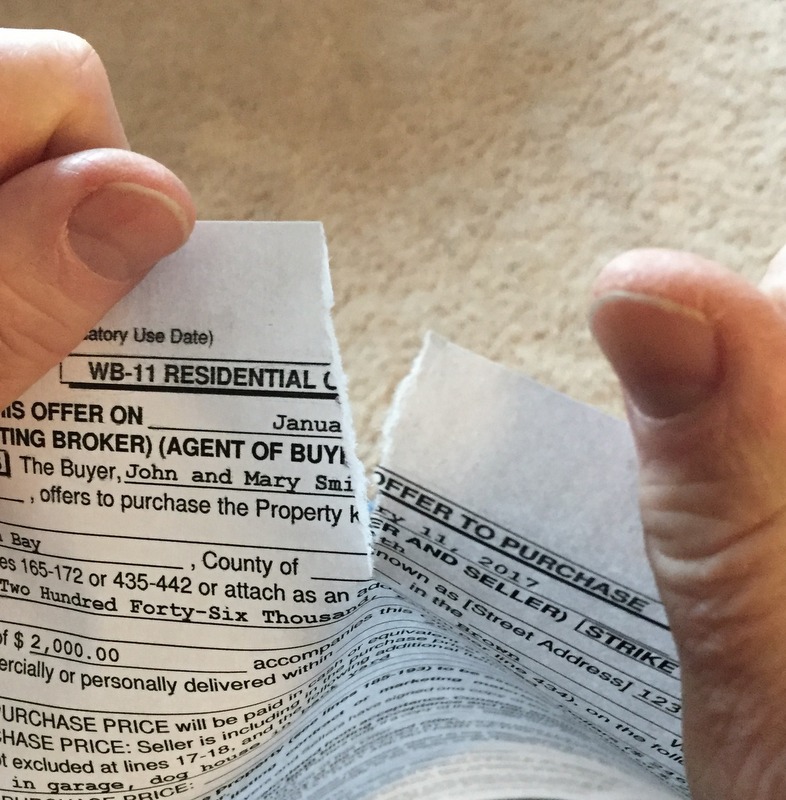 Reader Question: We bought a house and were two days from closing escrow. The seller could not produce the necessary documents to close. The seller now wants to back out of the contract. Can they force us to release them from the contract and return our earnest money? We want the house, plus we have a variety of costs invested in getting this far. Do attorneys take real estate cases on a contingent fee basis? What should we do?
Reader Question: We bought a house and were two days from closing escrow. The seller could not produce the necessary documents to close. The seller now wants to back out of the contract. Can they force us to release them from the contract and return our earnest money? We want the house, plus we have a variety of costs invested in getting this far. Do attorneys take real estate cases on a contingent fee basis? What should we do?
Monty’s Answer: It is not uncommon that buyers and sellers will have a change of heart in real estate transactions. One of the reasons contracts exist is because people change their minds. Real estate contracts contain language that addresses what happens if one party balks. When a seller cannot deliver a clear title by the closing date, it does not necessarily mean the title is clouded forever. It is unclear in your question why the seller does not agree to extend the closing date.
Contract contingencies
The construction of the contract may or may not allow the seller to cancel the contract. If there are contingencies the seller could not meet, despite a reasonable effort, they may have the right to walk. Have you tried to contact the seller? One possibility is that resolving the title issue may be expensive. The seller may not have enough equity left with this discovery to make the sale worthwhile. Your next step is to take the contract to legal counsel to learn all your options.
A potential path
There are several considerations. There are pros and cons with any choice you make, assuming the seller cannot simply walk away without exposure.
- You walk away and find a different house. It costs money to be involved in a lawsuit, and unusual for an attorney to take a real estate case on a contingency fee. It will likely not be costly to get an opinion from an attorney. You are upset, but as you gather information, you may change your mind.
- Try to convince the seller to re-engage. There may be ways to change their mind. More money is often a solution. Would you be better off financially agreeing to pay more for the house than paying for legal help with no certainty you will prevail? There are many reasons besides money for the balk. After you have an opinion, the attorney may suggest he draft a letter that you send in your own words, to try and prevent an escalation.
- Threaten to take legal action. Now you hopefully have all the facts and an honest attorney. There is a big difference in a threat and filing a lawsuit. Rattling a saber will sometimes bring the seller to the table.
Decision time is here. If none of your efforts have gotten their attention, now you have the information you need to decide how badly you want that house. Before you choose, check to see if a better option has come on the market.
